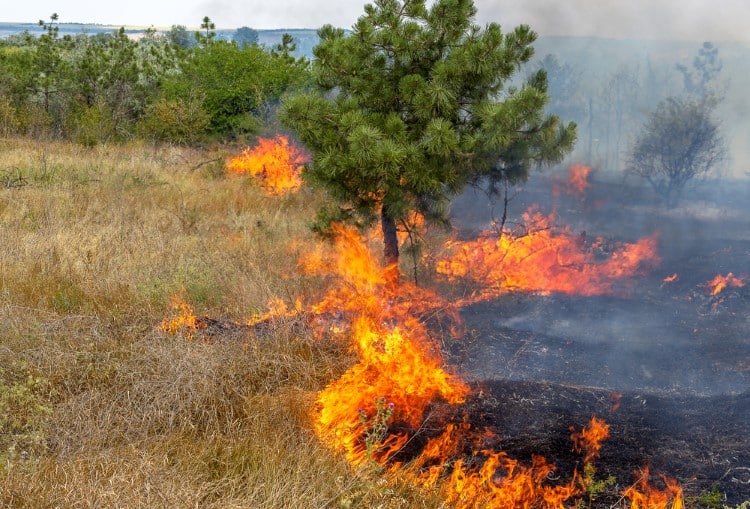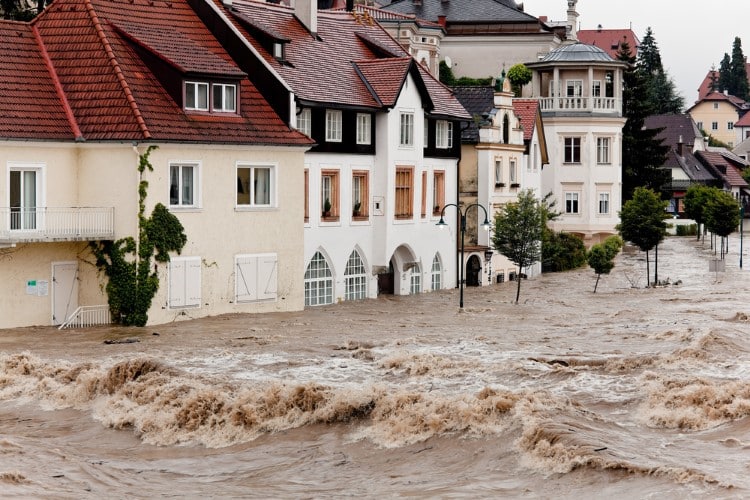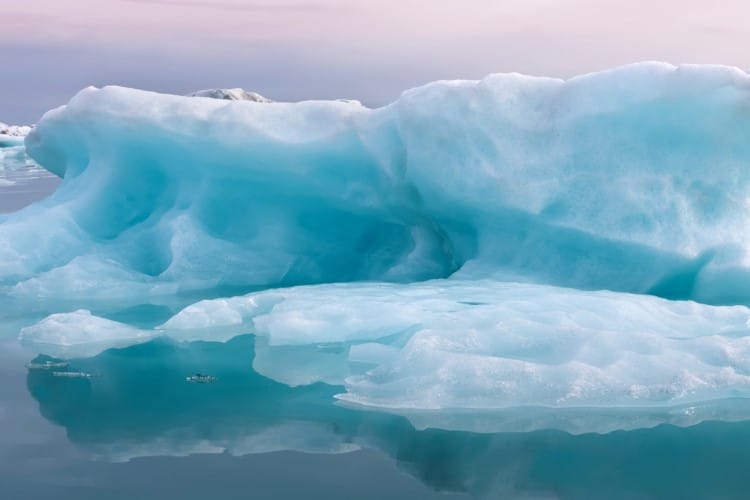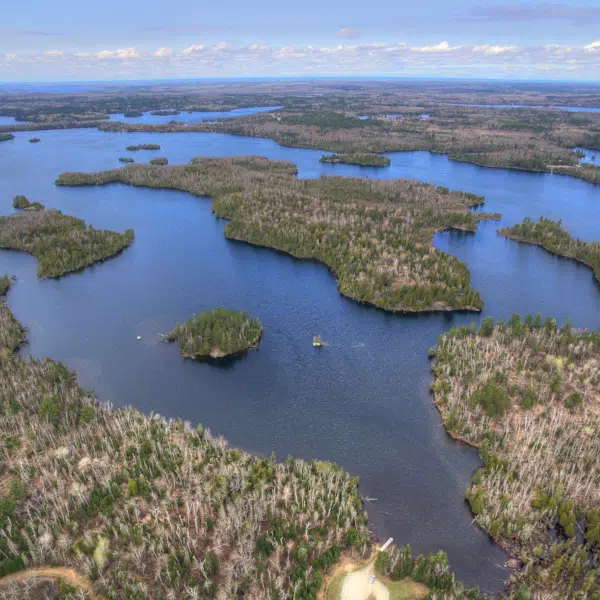
Photo: ALesik/Depositphotos
A new climate report has been published by scientists, and, unfortunately, the outlook isn't good. Though this shouldn't come as a shock, particularly given the ominous U.N. climate report in 2021, it's disheartening nonetheless. According to the 2023 state of the climate report, 20 of 35 vital signs on Earth used to track climate change are at record highs.
So what does this mean? Simply put, life is in peril. The concentration of carbon dioxide in our atmosphere has soared, extreme heat waves are more frequent, sea ice levels in Antarctica are at record lows, the oceans are historically warm, and the amount of trees lost to wildfires is extraordinary. Scientists are concerned that all of these factors are placing us closer to a dangerous tipping point.
“These record extremes are alarming in themselves, and they are also in danger of triggering tipping points that could do irreversible damage and further accelerate climate change,” states Professor Tim Lenton of the UK's University of Exter. Professor Lenton, a co-author on the study.

Photo: ginasanders/Depositphotos
“Our best hope to prevent a cascade of climate tipping points is to identify and trigger positive tipping points in our societies and economies, to ensure a rapid and just transition to a sustainable future.”
The scientists stress that the 35 vital signs in the study each correlate to potential destruction that can harm all living things on our planet. And, unfortunately, we are already starting to see the effects with an increase in wildfires, flooding, and other extreme weather.
“Life on our planet is clearly under siege,” warns lead author Professor William Ripple. Ripple is a faculty member at Oregon State University College of Forestry. “The statistical trends show deeply alarming patterns of climate-related variables and disasters. We also found little progress to report as far as humanity combating climate change.”

Photo: CherNika/Depositphotos
Their findings make it clear that we, collectively, aren't doing enough to turn the tides back. In fact, the study states that, in 2019, the top 10% of emitters were responsible for almost 50% of global emissions. This means that events like Canada's record wildfire season, which created CO2 emissions equal to the annual emissions of Japan, could be a signal of a devastating new normal.
“Without actions that address the root problem of humanity taking more from the Earth than it can safely give, we’re on our way to the potential collapse of natural and socioeconomic systems and a world with unbearable heat and shortages of food and fresh water,” shares former OSU postdoctoral researcher Christopher Wolf, who is the study's other lead author.
The study makes it clear that it's more important than ever to see how you, as an individual, can do your part to help the planet and why it's also critical to get out and vote for officials who support your views and will put pressure on businesses and governments to fall in line via legislation.
h/t: [The Guardian]
Related Articles:
Gen Z Is Devoting Their Budding Careers To Fighting the Climate Crisis
Listen To ‘Earthrise’: An Inspiring Poem About Climate Change by Amanda Gorman
Patagonia’s Founder Gives Up Ownership of $3 Billion Company to Help Fight Climate Change
69 Experts Agree Climate Change and Political Conflicts Are Top Threats to Global Food Security






















































































